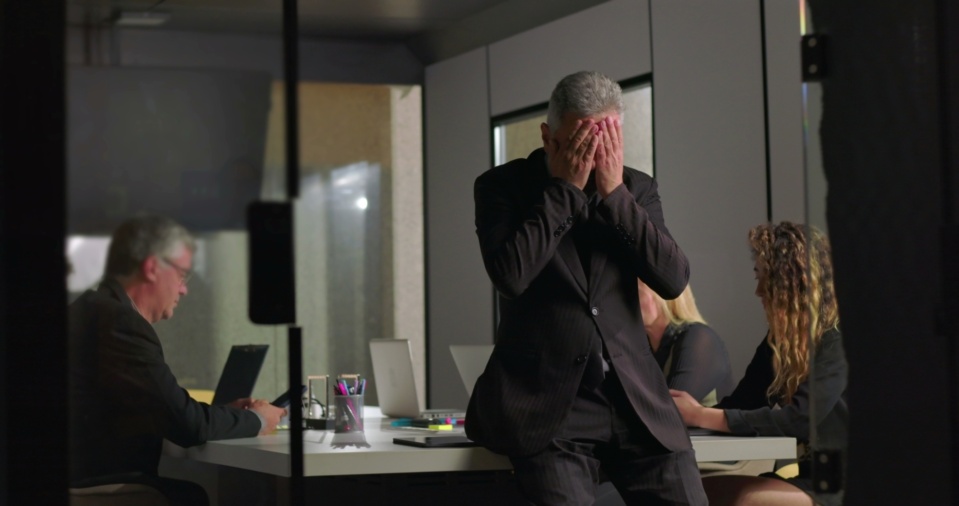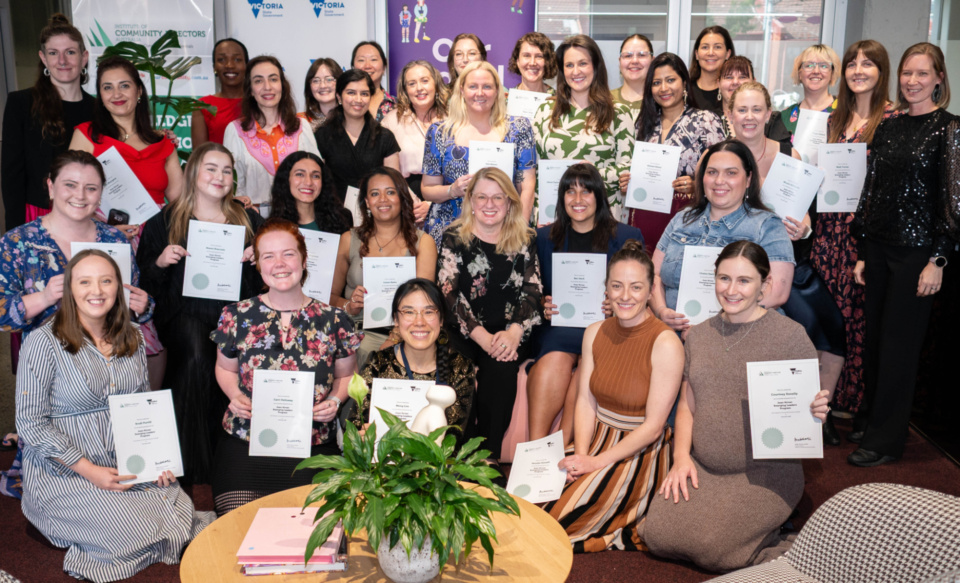
What not-for-profit leaders need to know in 2026
Posted on 12 Feb 2026
Our special NFP trends report distils the views of more than two dozen experts.
Posted on 09 May 2024
By Brett de Hoedt, not-for-profit media specialist and Mayor of Hootville Communications

I recently wrote about the impotent campaigning of the Yes campaign. The current debate and discussion on the crises of men’s violence towards women, our collapsing environment and housing unaffordability got me thinking that it’s timely to talk about campaigning’s Golden Rules.

You are not campaigning to “be part of a national conversation”, “raise awareness” or “listen”. If you really think that the issues at hand and the changes you seek are so damn important that there can be no other option but victory, then act accordingly.

You must be ruthlessly dedicated to your goal. This means you avoid distractions, rabbit holes and red herrings. The painfully predictable palaver about language is a classic progressive own goal. Is this terrorism? Why isn’t this terrorism? Should the Prime Minister speak at a rally? In most cases this is a pure distraction during your brief moment in the sun and nothing but fodder for your opponents. Grow up and show some goddamn discipline.

Something should spark your campaign into action. This might be something good but more likely not. Regardless, this is your moment, so cancel your four o’clocks and throw every resource you have at the task at hand.

Activists inevitably find themselves in a bubble mixing with the others who care deeply about their issue. That’s only natural, but to win you’ll need to be as mainstream and welcoming as you can be. Every connection with someone other than your tribe makes you stronger.
You might not like or feel an affinity with these new associates. (Boomers! Men! TERFs! Religious people! People from the country!) They may have somewhat different takes or priorities on your issue. They may vote with the other 50% of the population! I don’t care and nor should you.
You know – diversity and inclusion blah, blah, blah? Start practising it.
For example, marches feel really good for those marching, but the signs I see and the chants I hear at them and the speeches I listen to are a real turn-off for many prospective supporters. What may be a witty way to blow off steam for your tribe may be intimidating and off-putting to others.

This may seem to contradict my advice to be ruthless and win at all costs. However, if your fight is important enough, why would you not compromise, collaborate and consider? If you don’t, you will likely lose.
Compromise comes in many forms – taking up an idea from a politician or party that you don’t support (!) or criticising one you do support (!!). Or giving someone a platform or settling for significant improvement instead of continuing to petition for perfection.

We all have favoured solutions (childhood education, bystander training, mental health first-aid, mindfulness for kids, digital literacy, etc) but not all of them work equally well. Fact!
Be prepared to acknowledge that some approaches – however appealing, well-adopted and indoctrinated they may be – are not cutting the mustard.
For example, consider the bizarre belief that an adult male will change their views on anything after an awkward argument at the family barbecue with a more enlightened family member.
This is laughable.
Sadly, “Talk about it around the barbecue” is the sort of advice we hear on high rotation from talking heads when it comes to the scourge of male violence.
We’re gonna need a bigger barbecue!
It's funny how people always champion the solution that earns them money or status.
Similarly, you might just need to challenge the behaviour of typically protected species such as parents, young people, offenders, newly arrived communities, small business owners or non-Christian religious groups when and if it’s warranted. But you won’t because you’d risk a backlash.

You can keep the decision-makers accountable on specific and achievable changes by being specific about solutions.
It’s smarter to ask your favoured government about all those sweet sounding promises they failed to deliver on than to ask every left-handed person in the land to have an awkward discussion about right-handedness.
Hold the people in charge who have failed us to account.
We need urgent, robust (if imperfect) solutions that stand a chance of working and working quickly.
If your recommendations will take several generations, thousands of awkward conversations and millions of people taking individual responsibility for something, they will not work no matter how good it feels to talk about them or how much funding you’ve secured to promote them.

It’s nice to think that change occurs via conversations, TV commercials and group hugs but annoyingly most change is actually quite dry and detailed – funding agreements, staffing levels, workforce development, changes to court procedures, police practices, legal definitions and education curricula.
This stuff is controlled by a very small number of powerful people who know their onions, so you’d better know yours. They will be hard to impress and even harder to change – and trust me, they’ve heard it all before.
Yep, your Facebook post took off and suddenly you’re drunk with power, but there are already people fighting for change with deep knowledge and passion – can you help them to be stronger and avoid reinventing the wheel?
Campaigning at a time of crisis can cause a lot of friction between interested and generally aligned parties. Fair enough. There's a fight for influence and funding. The anger out there is palpable right now but any sign of disunity or disorganisation in the (overly large) eco-system around any issue is a very bad look indeed.
We're seeing this in the male violence sphere with growing discontent with the whole cultural change approach that is Australia's formal approach to male violence.
Stick together – at least as far as outsiders can tell.
Brett de Hoedt is an emcee, media trainer, public speaking trainer and communications consultant and the Mayor of Hootville Communications, est. 1999.
If you want a campaign that plays to win talk to Brett care of www.hootville.com.au. Sign up to his sporadic newsletter the Hootville Lowdown here.

Posted on 12 Feb 2026
Our special NFP trends report distils the views of more than two dozen experts.

Posted on 10 Feb 2026
As my family dropped our teenage son off at the airport in the first week of January to embark on a…

Posted on 11 Dec 2025
Community Directors trainer Jon Staley knows from first-hand experience the cost of ignoring…

Posted on 10 Dec 2025
As a qualified yoga instructor who learned the practice in her hometown of Mumbai, Ruhee Meghani…

Posted on 10 Dec 2025
Anyone working in an organisation knows it: meetings follow one after another at a frantic pace. On…

Posted on 10 Dec 2025
Stressed, overwhelmed, exhausted… if you’re on a not-for-profit board and these words sound…

Posted on 10 Dec 2025
The Institute of Community Directors Australia trains over 22,000 people each year, which gives us…

Posted on 03 Dec 2025
Many not-for-profit (NFP) board members in Australia are burnt out, overwhelmed and considering…

Posted on 26 Nov 2025
A roll call of Victoria’s brightest future leaders has graduated from a testing and inspiring…

Posted on 12 Nov 2025
At the Institute of Community Directors Australia, we believe that stronger communities make a…

Posted on 12 Nov 2025
Like many Community Directors members, Hazel Westbury is a community leader who isn’t easily…

Posted on 11 Nov 2025
I’ve seen what happens when fear of conflict wins out over taking a principled stand.